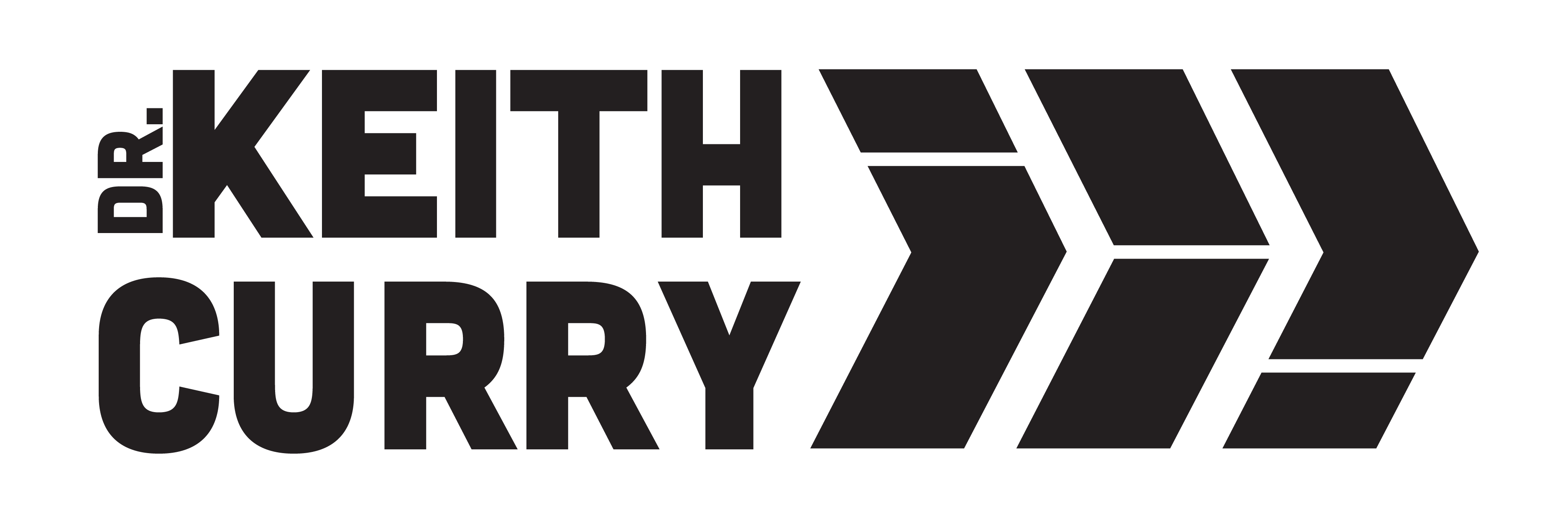As an educational leader, I am often asked to serve on graduate students’ dissertation committees. I welcome these experiences and find that I learn a lot from them too. Several years ago, I was asked by a graduate student from California State University, Fullerton to serve on their dissertation committee. I was glad I did – what I learned from their research changed me.
The students shared their research on formerly incarcerated students and advocated for community colleges to support these students on their educational journeys. From then on, I knew that Compton College needed a program and to hire staff to support it. I had no idea what it would be called, nor where we would house it on campus. I just knew it had to happen.
I share this story because it highlights something that educational leaders face many multiple times a day. We are called upon to make decisions and gather input from constituent groups, but the most important part, ultimately, is the follow-through. As I often mention, budgets are your statement of values. If something is important to the institution, you will find ways to fund it.
I’m proud to say that we fulfilled our promise to create the Rising Scholars – Formerly Incarcerated Students in Transition program in March 2016 at Compton College. We hired Student Services Advisor Dr. Joseph Lewis to manage the program, and secured funding to fully support its operations. In fall 2018, we were honored to receive the John W. Rice Award Diversity & Equity Award for this work, which has continued to grow and thrive. Currently, we have 42 students in the program, and various student participants work on campus to support student success. The Formerly Incarcerated Students in Transition program has weekly meetings with invited special guests. This year the program is focused on providing support to students regarding mental health (See my thoughts on mental health from earlier this week).
When the program launched, we got to work right away. Dr. Lewis immediately established a partnership with the California Department of Corrections and Rehabilitation (CDCR) Harbor Region Parole Division to host its monthly Parole And Community Team (PACT) Reentry Resource Symposium. These are for formerly incarcerated individuals, who have been released within the last 30-60 days. Compton College participates in these meetings and uses the meetings as a recruitment opportunity for our Rising Scholars – Formerly Incarcerated Students in Transition.
As we know, postsecondary education increases employability and wages, while decreasing recidivism among formerly incarcerated individuals. This population requires more institutional, state and federal support than the average student as they have traditionally been severely underserved. Not only should institutions be ensuring greater access to college programs while in prison, but also we should be helping students access the support they need after release and post-graduation. When I say “support” I mean things like additional tutoring services, addressing their basic needs, mental health and wellness and connecting them to other resources in their community, to name a few examples.
Strong partnerships across agencies and institutions are essential in supporting formerly incarcerated individuals, who might be more likely to fall through the cracks. In states like Georgia, they have formed a partnership between the Georgia Department of Corrections, Central Georgia Technical College and Georgia State University. This program offers pre-to-post-release educational support and case management services, offering individualized and wraparound services. Within institutions, wraparound and individualized services provide many benefits to students, particularly those who have historically been marginalized. These services are even more crucial for formerly incarcerated students as they navigate college, post-graduation and re-entering society outside of prison.
The PACT Reentry Resource Symposium partnership has been helpful for Compton College, and I know many California Community Colleges have created programs through funding provided by the state and various partnerships. Partnerships with community organizations are critical for formerly incarcerated students as well. Community organizations help to connect students with essential human services post-graduation. Navigating life post-college and post-release can be especially challenging. However, institutions can assist with this by helping with plans prior to graduation and providing connections for post-graduation.
As we move into 2024, we need to remember that many formerly incarcerated students are interested in higher education. We need to actively recruit them and support them while they are on our campuses so they can achieve their educational goals.
